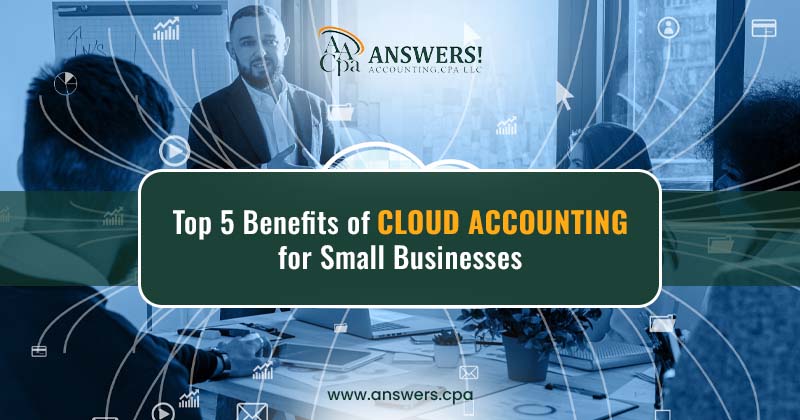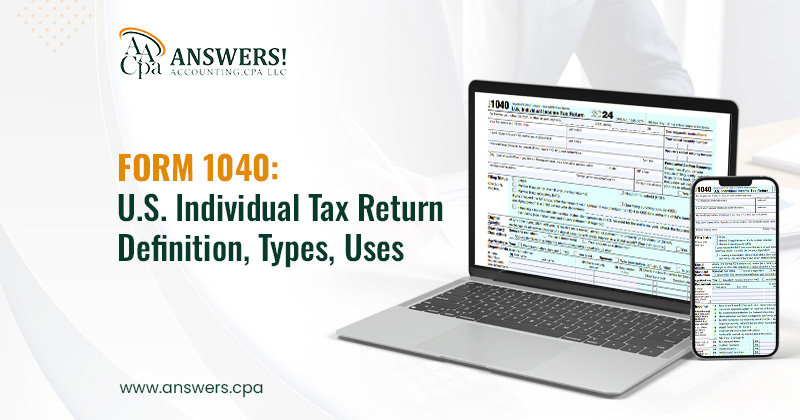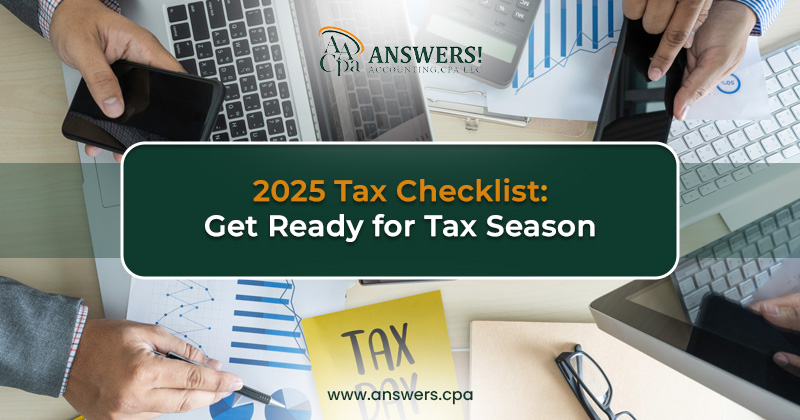Cloud Accounting: What It Is, How It Works And Its Benefits
In today’s rapidly evolving business environment, leveraging modern technologies like cloud accounting has become a game-changer for small businesses. By migrating to cloud-based accounting solutions, businesses can streamline financial processes, enhance data security, and gain real-time insights into their financial health. Below, we explore the top five benefits of cloud accounting for small businesses, highlighting how this technology empowers entrepreneurs to operate more efficiently and strategically.
1. Enhanced Accessibility and Flexibility
Cloud accounting allows business owners and their teams to access financial data anytime, anywhere. This level of accessibility provides unmatched flexibility and ensures that critical financial decisions are no longer delayed due to location or device limitations.
Remote Access to Data: With cloud-based solutions, financial records are no longer tied to a specific computer or office. Whether you’re traveling, at a client’s location, or working from home, you can securely access up-to-date information via a laptop, tablet, or smartphone.
Collaboration Made Easy: Teams and accountants can collaborate in real-time. Cloud accounting tools often allow multiple users to work on the same financial data simultaneously, reducing errors and improving productivity.
Scalable Solutions: Cloud platforms are designed to grow with your business. Adding users, integrating new features, or scaling up storage is straightforward and cost-effective, ensuring your accounting solution meets your evolving needs.
2. Real-Time Financial Insights
Staying on top of your business’s financial health is crucial, and cloud accounting platforms provide real-time reporting and analytics to ensure you're always informed.
Up-to-Date Dashboards: Comprehensive dashboards present financial data at a glance, including cash flow, income, and expenses. This enables swift decision-making based on the latest numbers.
Customizable Reports: Generate detailed financial reports tailored to your business’s needs. From profit and loss statements to balance sheets, cloud accounting software provides a broad range of customizable options.
Forecasting and Budgeting: Many platforms come equipped with advanced forecasting tools, helping you predict future trends and set realistic budgets based on accurate historical data.
3. Cost Savings and Efficiency
Switching to cloud accounting can significantly reduce costs while improving the efficiency of financial operations. For small businesses, this dual benefit is particularly impactful.
Lower IT Expenses: Traditional accounting systems often require expensive hardware, regular maintenance, and costly software updates. With cloud solutions, all updates and maintenance are handled by the service provider, eliminating these expenses.
Pay-As-You-Go Pricing: Many cloud accounting tools operate on a subscription model, allowing you to pay only for the features you need. This is ideal for small businesses with tight budgets.
Automation Features: Automating repetitive tasks such as invoicing, expense tracking, and bank reconciliation saves valuable time and reduces the likelihood of human errors.
4. Robust Data Security
Data security is a top concern for small businesses, and cloud accounting platforms invest heavily in safeguarding their systems against breaches and data loss.
Advanced Encryption: Cloud providers use cutting-edge encryption methods to protect your financial data during storage and transmission.
Regular Backups: Automatic data backups ensure that your financial records are never lost due to hardware failure, natural disasters, or cyberattacks.
Secure User Authentication: Features like two-factor authentication and role-based access ensure only authorized personnel can access sensitive data.
Compliance with Regulations: Cloud providers often adhere to stringent compliance standards, offering peace of mind that your financial data meets legal and industry-specific requirements.
5. Integration with Other Business Tools
Cloud accounting platforms can seamlessly integrate with other tools, creating a unified system that enhances overall efficiency and productivity.
Syncing with Payment Gateways: Automatically reconcile payments received through platforms like PayPal, Stripe, or credit card processors, reducing manual input.
Integration with CRM and ERP Systems: Linking accounting software with customer relationship management (CRM) or enterprise resource planning (ERP) tools centralizes data, helping streamline operations.
Connection to Tax Platforms: Tax compliance is simplified through integrations that automate tax calculations, filing, and report generation, ensuring accuracy and timely submissions.
Conclusion
Adopting cloud accounting offers small businesses a wealth of benefits, from enhanced flexibility and real-time insights to cost savings and robust security. By leveraging these platforms, small businesses can streamline financial operations, improve decision-making, and position themselves for sustainable growth in a competitive market.








